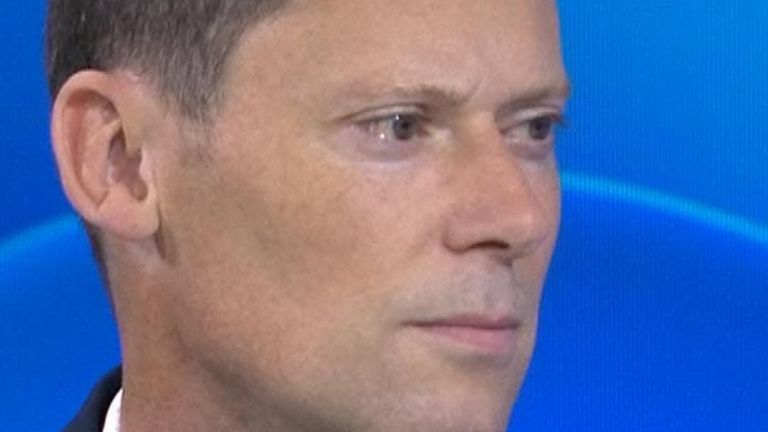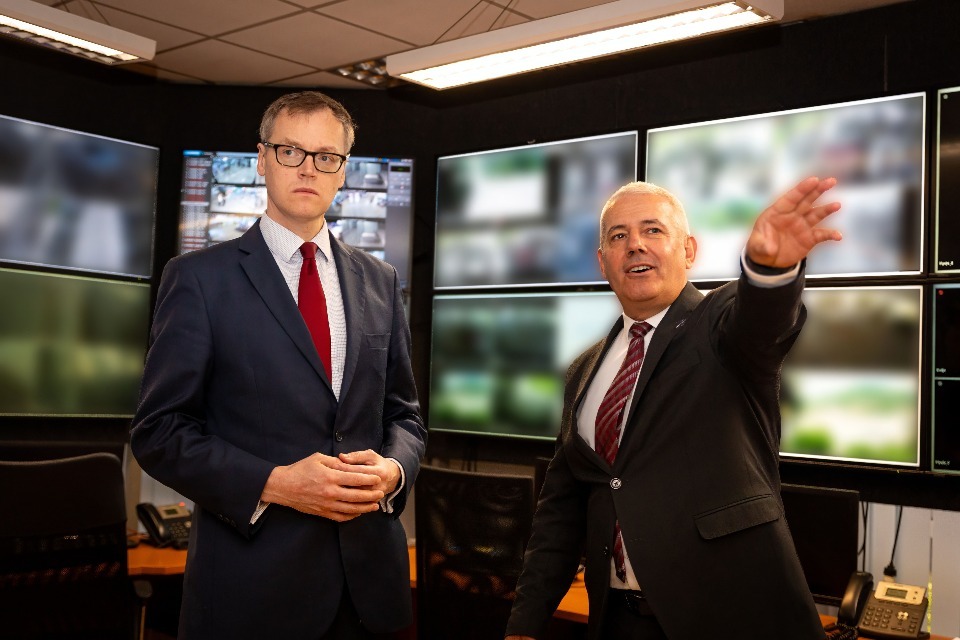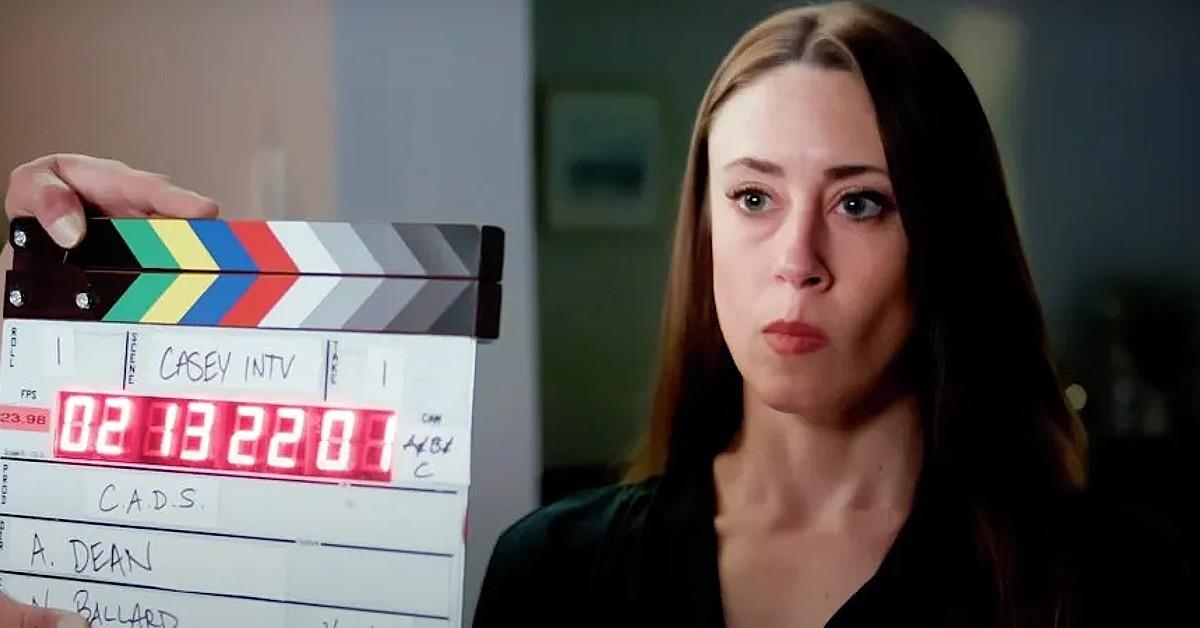How worried should we be about Chinese ‘spying’ in parliament? | Politics News
Allegations that a parliamentary researcher has been spying for China will ring alarm bells in Westminster.
Rishi Sunak was made aware of the two arrests last night, and I understand decided to go ahead with a face-to-face with the Chinese premier Li Qiang which had been discussed in advance but not confirmed.
The issue of Chinese inference was the first thing he mentioned. It could, when details are confirmed, be followed by new rules for MPs on hiring staff.
It’s certainly evidence of growing concern at the top of government, which critics say is too late.
Politics latest: Rory Stewart compares government to fish and chip shop
UK sources insist we are among the most hawkish Western countries regarding China, and the only one of the G7 or the Five Eyes not to have engaged leader-to-leader with President Xi Jinping in recent years.
The UK’s relations with China have deteriorated significantly since David Cameron and George Osborne spoke of a “golden era” back in 2015.
Human rights concerns were always there. But as Xi Jinping has tightened his grip on power, passed a national security law in Hong Kong which has seen tens of thousands of British nationals leave, and carried out military activity in the South China Sea, tensions have deepened.
While Cameron’s government discussed Chinese involvement in a range of infrastructure projects, by 2020, on security advice, ministers announced the phasing out of Huawei equipment from UK’s 5G networks.
Recent national security laws have blocked investment from other Chinese firms, including a semiconductor company.
Read more:
Chinese spy used LinkedIn to target British officials – report
But for some in his party, Mr Sunak is not going far enough.
The official position, set out in an update to the Integrated Review this year, is that China poses an “epoch defining and systemic challenge” to the UK, heightened by its size, seat on the UN Security Council and major influence in the developing world.
When he ran for the Conservative leadership, he took a far tougher line – describing China as the biggest threat to global security, and promising to close Chinese institutes in the UK.
He has since rowed back, and a vocal group of anti-China MPs including former leader Iain Duncan Smith – one of nine MPs who have been sanctioned by China – feel the government is still kowtowing to Beijing.
They criticised a visit there last month by Foreign Secretary James Cleverly, who has argued that tackling climate change and other global issues requires China involvement.
But what the current policy means in practice is still evolving.
A report handed to Downing Street in July by the Intelligence and Security committee, which has access to classified information, warned that China had penetrated “every sector” of the UK economy.
From technology and critical industries, to academic institutions, it described the UK’s response as “completely inadequate”, and claimed Chinese interference is not something the government had been actively looking for.
Government officials insisted at the time that much of the information in the report was two years out of date, and that they were more alert to it now. “We have upped our game”, an official told me.
In January 2022, parliament was rocked when Christine Lee, a former employee of the Chinese embassy, was named by MI5 as an “agent of influence” while working with MPs – and even met two prime ministers.
While details about the latest arrests are not confirmed, Mr Sunak’s reprimand to the Chinese premier suggests this relationship could get more confrontational.
But those who have been warning about Chinese interference for some years fear that the government is still playing catch up.




